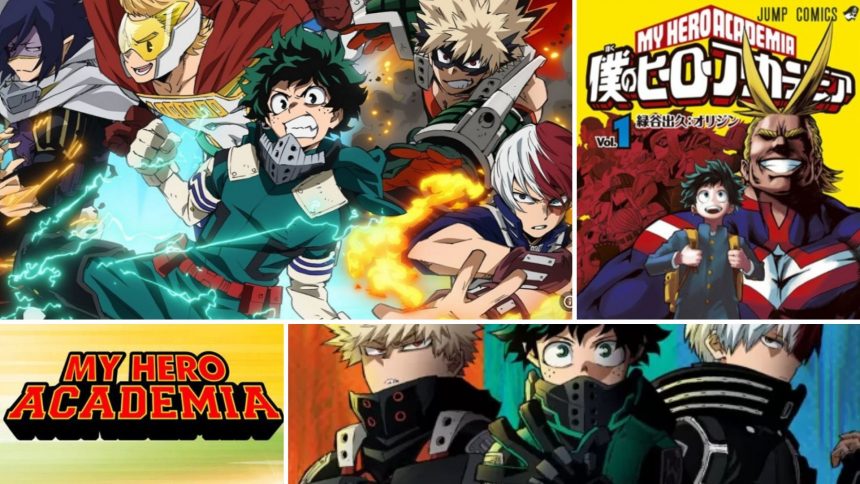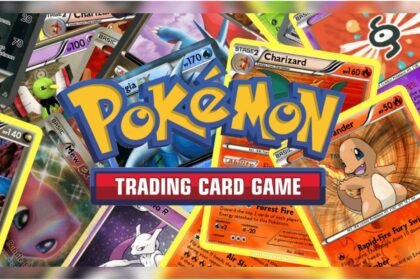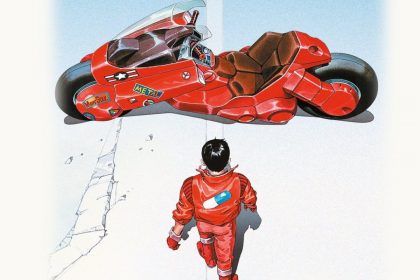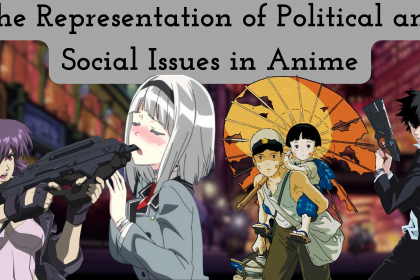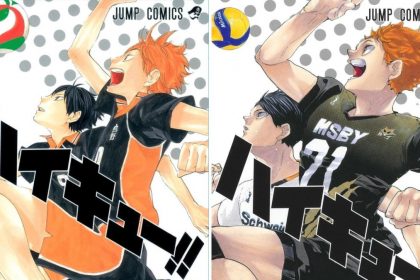When it comes to the world of superheroes, the influence of Western comic book characters is undeniable. These iconic figures have captivated audiences for decades with their extraordinary abilities, compelling stories, and moral dilemmas. However, the realm of superheroes is not limited to the Western world alone. In recent years, a Japanese manga and anime series called My Hero Academia has taken the world by storm, blending the best elements of Western superhero tropes with its unique cultural twist. In this article, we will explore the influence of Western superheroes in My Hero Academia and how it has contributed to the series’ success.
The Hero’s Journey: From West to East
Joseph Campbell’s concept of the hero’s journey is a narrative structure that has been utilized in countless Western superhero tales. This monomyth, which follows a hero’s transformational journey from ordinary individual to extraordinary savior, is deeply ingrained in the DNA of characters like Superman, Batman, and Spider-Man. My Hero Academia, created by Kohei Horikoshi, draws upon this time-tested formula, infusing it with Japanese cultural sensibilities and introducing a new generation of heroes.
In My Hero Academia, the protagonist, Izuku Midoriya, starts off as an underdog with no superpowers in a world where nearly everyone possesses unique abilities known as “Quirks.” This mirrors the familiar concept of a hero overcoming adversity and discovering their true potential, reminiscent of Peter Parker’s transformation into Spider-Man. By embracing and adapting the hero’s journey, My Hero Academia captures the essence of Western superhero storytelling while adding its own distinct flavor.
Powerful Archetypes and Character Development in My Hero Academia
One of the defining aspects of Western superheroes is the presence of iconic archetypes. From the selfless leader to the brooding avenger, these archetypes have become synonymous with the genre. My Hero Academia skillfully incorporates and reimagines these archetypes, giving rise to a diverse cast of characters that resonate with audiences around the world.
For example, All Might, the Symbol of Peace in My Hero Academia, embodies the archetype of the inspirational mentor, reminiscent of figures like Superman’s adoptive father, Jonathan Kent. All Might’s unwavering dedication to justice and his role as a guiding force for young heroes like Midoriya reflect the timeless appeal of the mentor archetype.
Similarly, characters like Katsuki Bakugo and Shoto Todoroki represent the complex anti-hero and the conflicted hero, respectively. These character types, often seen in Western superhero narratives, add depth and nuance to My Hero Academia’s storytelling, allowing for compelling character development and emotional arcs.
Further Readings: The Role of Mentorship and Guidance in Shonen Anime
Action-Packed Spectacles and Visual Storytelling of My Hero Academia
Western superhero stories are renowned for their exhilarating action sequences and visually stunning depictions of superhuman abilities. My Hero Academia takes inspiration from this aspect of Western superhero storytelling, delivering breathtaking action-packed spectacles that leave fans in awe.
Throughout the series, we witness explosive battles between heroes and villains, showcasing a wide range of unique Quirks and their creative applications. The intense fight scenes, combined with dynamic artwork and animation, create a sense of grandeur and excitement that draws viewers into the world of My Hero Academia.
Moreover, the visual storytelling techniques employed in My Hero Academia often mirror the panel layouts and dramatic compositions found in Western comic books. This fusion of visual styles helps bridge the gap between Eastern and Western superhero aesthetics, making the series visually appealing to fans from both sides of the globe.
Other Examples of Western Superheroes Influencing My Hero Academia
While the overall influence of Western superheroes on My Hero Academia is evident, there are specific characters and concepts that showcase this influence more prominently. Here are a few notable examples:
Superman and All Might: The Symbol of Peace
One of the most apparent connections between Western superheroes and My Hero Academia is the parallel between Superman and All Might. All Might, the greatest hero in the My Hero Academia universe, bears a striking resemblance to the Man of Steel. Both characters embody the ideals of justice, inspire hope, and are viewed as symbols of peace and protection. All Might’s muscular physique, bright smile, and unwavering dedication to saving lives echo the iconic image of Superman.
Furthermore, All Might’s alter ego, Toshinori Yagi, shares similarities with Superman’s Clark Kent. Both characters hide their true identities behind a mild-mannered persona, concealing their immense powers from the world. The influence of Superman on All Might’s characterization is unmistakable, emphasizing the archetype of the virtuous, godlike hero.
Batman and Eraserhead: The Dark Avenger
Batman, the Dark Knight of Gotham City, has had a significant impact on the creation of Eraserhead in My Hero Academia. Eraserhead, whose real name is Shota Aizawa. Possesses the ability to nullify the Quirks of others by making eye contact. This power, combined with his stoic and brooding demeanor. Draws parallels to Batman’s vigilantism and his use of advanced gadgets to combat crime.
Similar to Batman, Eraserhead takes on a lone wolf persona. Operating outside of the traditional hero system. Both characters rely on their intellect, strategy, and exceptional combat skills to protect the innocent. The influence of Batman on Eraserhead’s character design and narrative role is evident. Showcasing the integration of Western superhero elements into the My Hero Academia universe.
Spider-Man and Deku: The Underdog Protagonist
Spider-Man, the friendly neighborhood hero, has left an indelible mark on the creation of Deku, the main protagonist of My Hero Academia. Both characters share a common thread as underdogs who rise to the occasion and prove themselves worthy of their powers.
Like Peter Parker, Deku starts off as an ordinary individual with no superhuman abilities. Facing numerous obstacles and self-doubt. However, their determination, strong sense of justice. And unwavering desire to protect others drive them to become true heroes. The journey of self-discovery and personal growth that both characters undertake resonates with audiences. Highlighting the influence of Spider-Man’s narrative arc on Deku’s character development in My Hero Academia.
X-Men and Quirks: The Struggle for Acceptance
The X-Men, a team of mutants in Marvel Comics, have had a profound influence on the concept of Quirks in My Hero Academia. In both universes, individuals are born with unique abilities that set them apart from the rest of society. This parallel reflects the theme of prejudice and the struggle for acceptance faced by those with extraordinary powers.
In My Hero Academia, Quirks are a central aspect of the story. With individuals learning to harness and control their abilities while navigating the complexities of a society that both fears and idolizes them. This thematic connection to the X-Men series, where mutants face discrimination and prejudice. Showcases the influence of Western superhero narratives in exploring societal issues through the lens of superhuman abilities.
My Hero Academia – A Global Phenomenon
My Hero Academia’s incorporation of Western superhero influences has played a significant role in its global success. By tapping into the familiar tropes and archetypes that have made Western superheroes beloved worldwide, the series has managed to capture the hearts of both manga and comic book enthusiasts.
The international popularity of My Hero Academia has also led to collaborations between Horikoshi and Western comic book creators. These crossovers further highlight the mutual admiration and cross-pollination between the two superhero cultures. Creating a bridge that continues to inspire and entertain fans on a global scale.
Conclusion
My Hero Academia stands as a testament to the enduring influence of Western superheroes in the world anime. By embracing the hero’s journey, reimagining timeless archetypes, and delivering visually stunning action. The series has successfully drawn upon Western superhero tropes while adding its own distinct flair. The fusion of Eastern and Western superhero storytelling has not only captivated audiences worldwide but has also created a cultural exchange that enriches both mediums. As My Hero Academia continues to evolve. It serves as a shining example of how a blend of influences can create something truly remarkable and globally appealing. Whether you’re a fan of Western superheroes or a newcomer to the world of My Hero Academia. There’s no denying the impact and influence that these extraordinary characters have had in shaping the landscape of modern storytelling.







